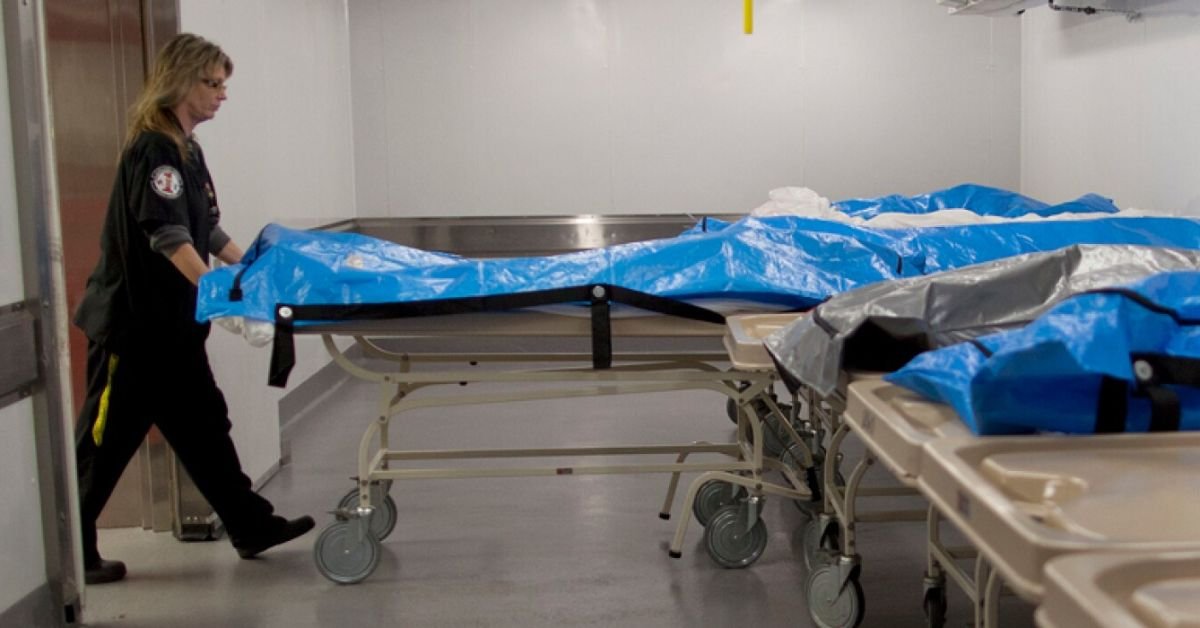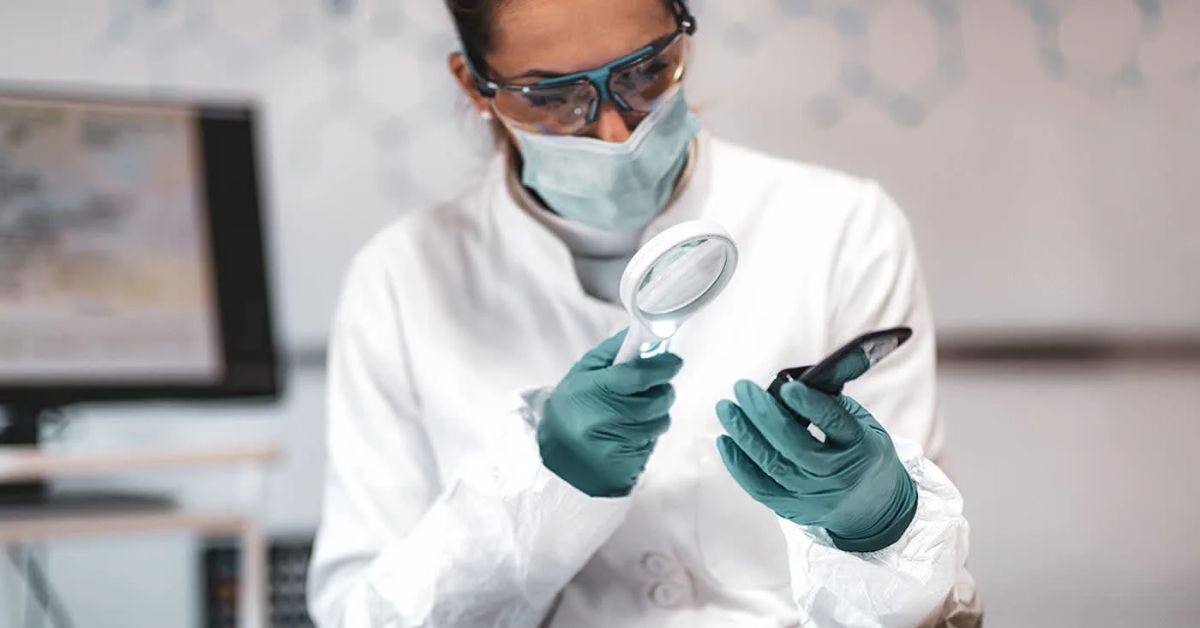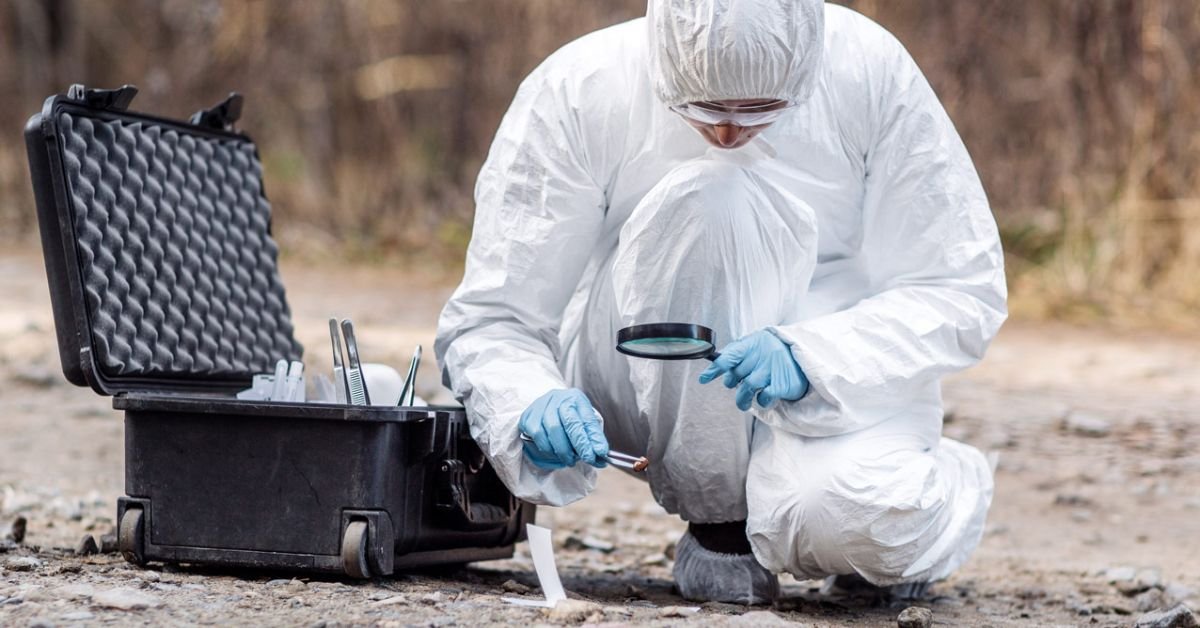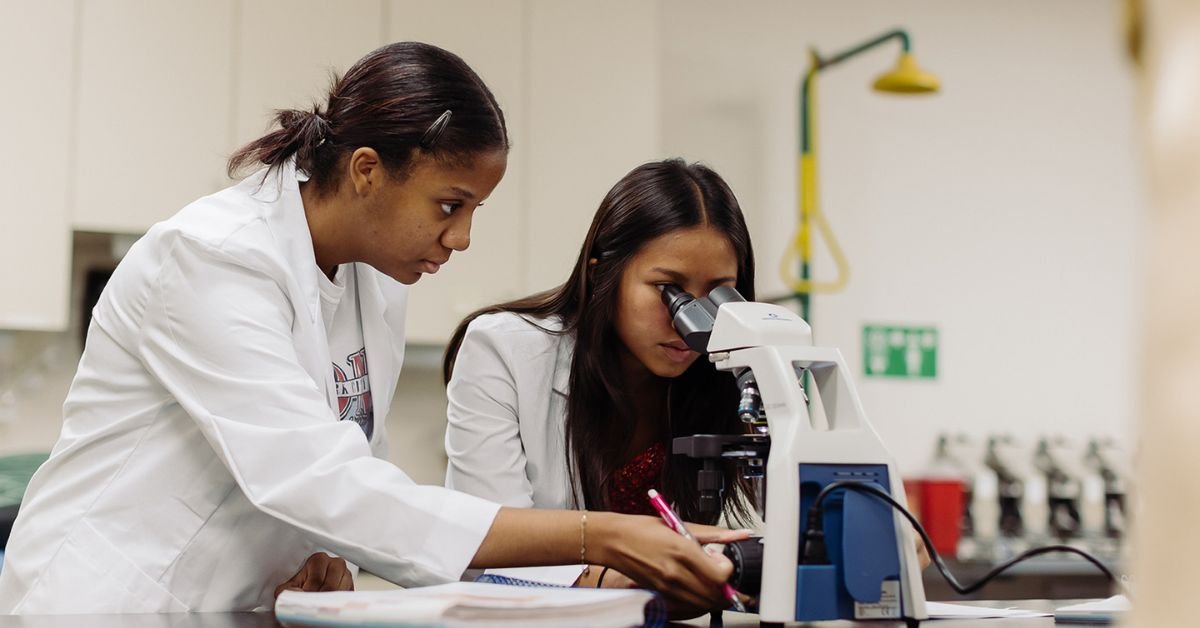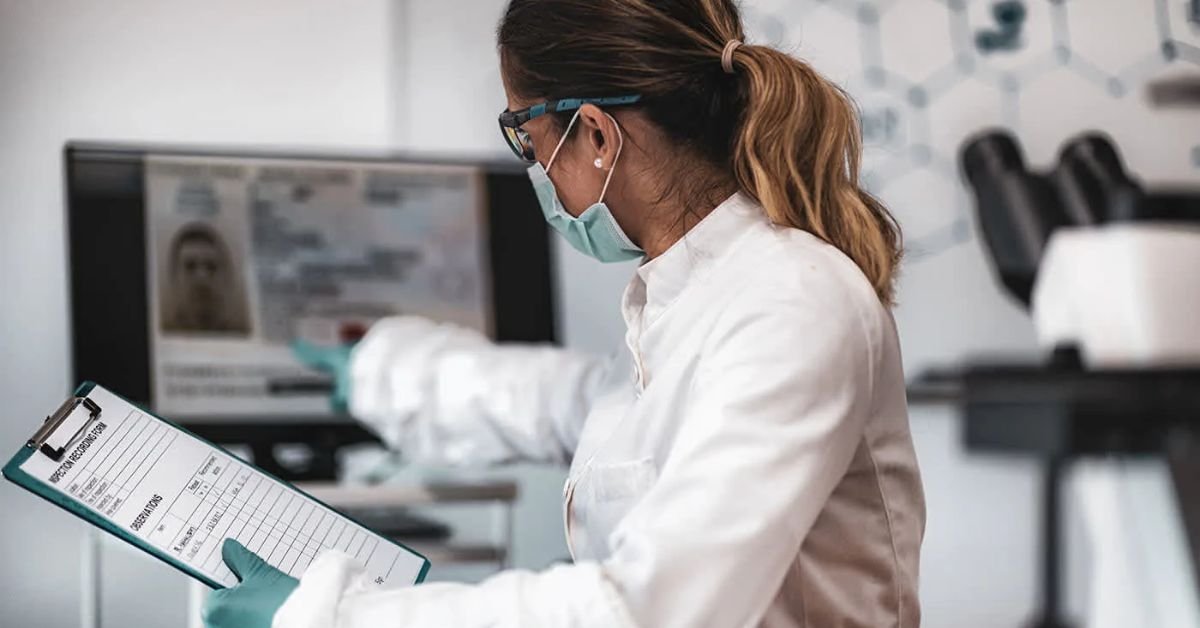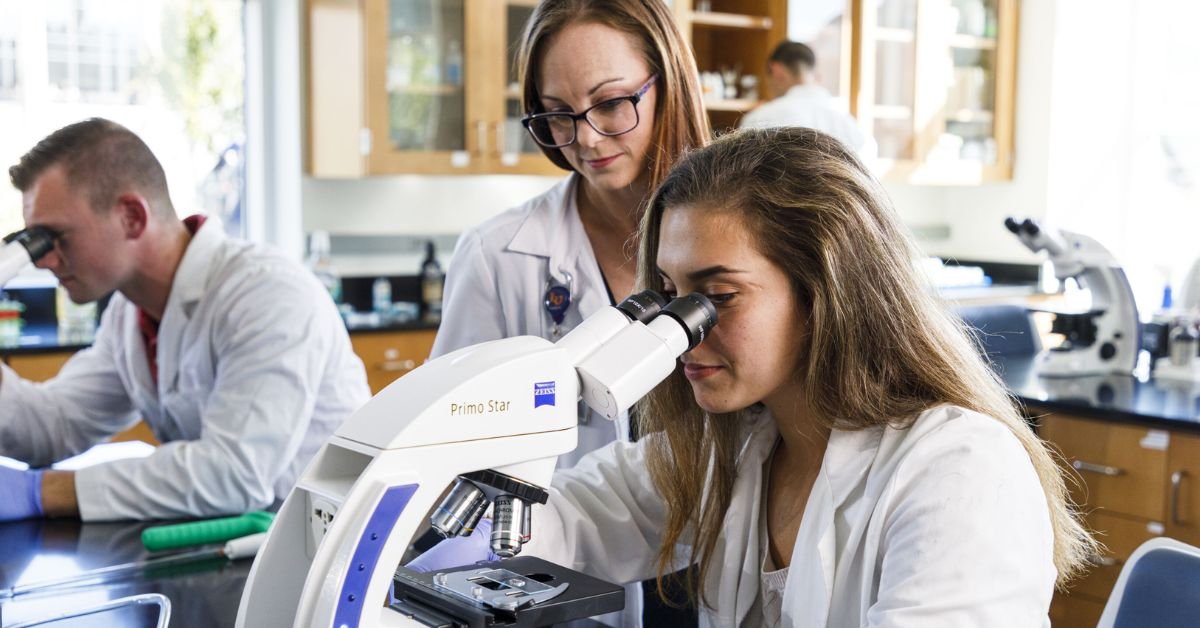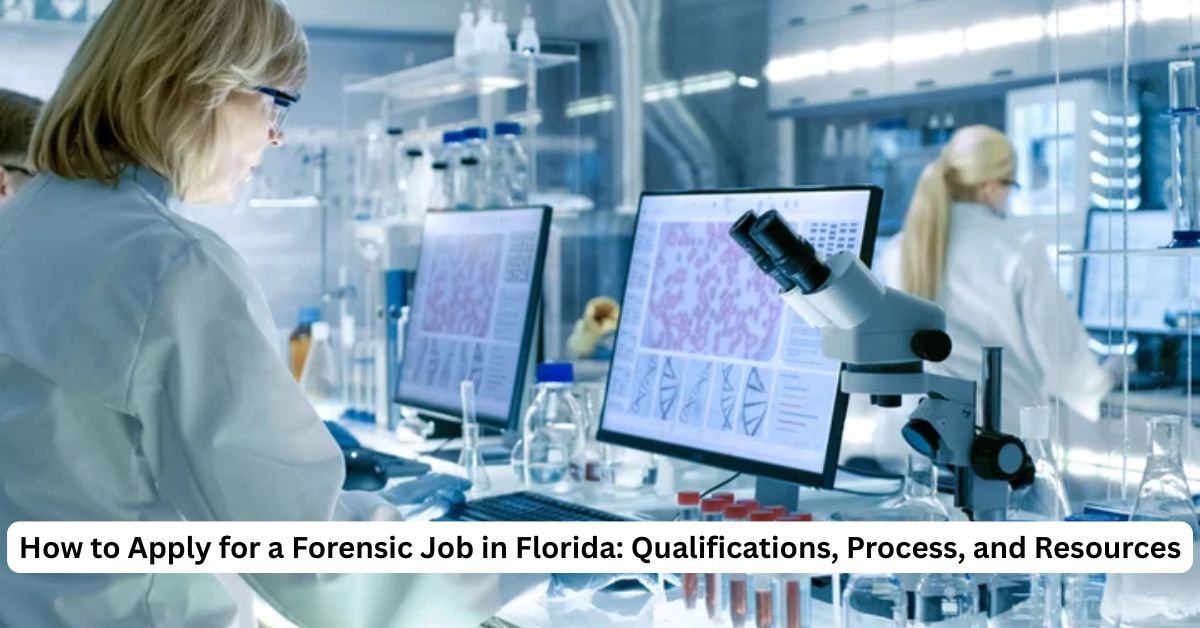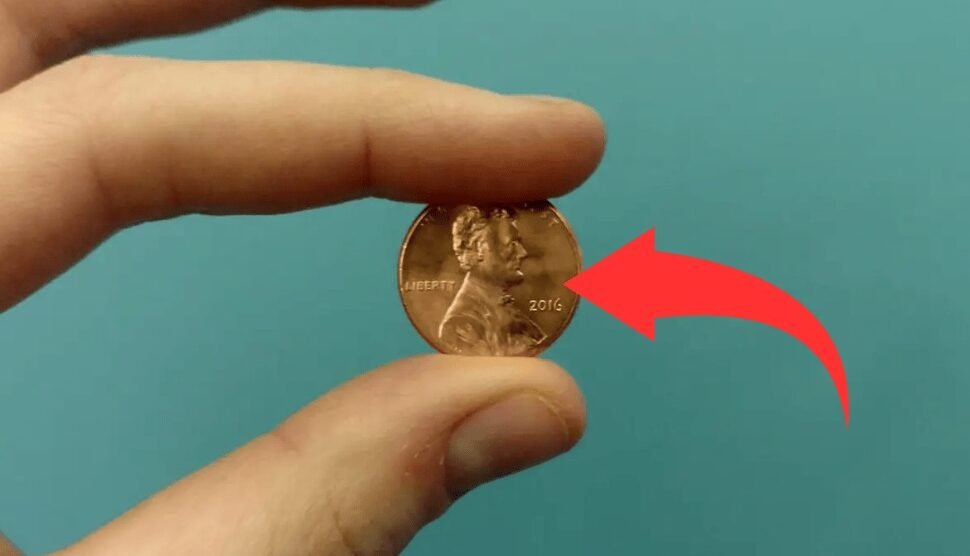The medical examiner system in Florida plays a critical role in public health, the legal system, and the scientific investigation of deaths. It is structured to ensure independent, consistent, and professional medicolegal death investigations across the state. Each medical examiner office operates within a designated district under the oversight of the Florida Medical Examiners Commission, as outlined in Chapter 406, Florida Statutes.
This article provides a comprehensive overview of the principal roles within Florida’s medical examiner offices, their qualifications, and their respective responsibilities in supporting accurate, timely, and legally compliant death investigations.
Overview of the Medical Examiner System in Florida
Florida uses a district-based medical examiner system, as opposed to a coroner model. There are 25 medical examiner districts, each typically encompassing one or more counties. The system was designed to ensure professional and standardized death investigation practices across the state.
According to Florida Statute §406.11, a medical examiner is responsible for investigating deaths that occur under suspicious, sudden, violent, or unexplained circumstances, as well as deaths in custody or those posing public health threats. These investigations require a multidisciplinary team that combines medical, forensic, and administrative expertise.
Key Roles in the Medical Examiner’s Office
1. District Medical Examiner
Function:
The District Medical Examiner (ME) is the chief authority in each district. Appointed by the local Board of County Commissioners and approved by the Florida Medical Examiners Commission, the ME is a licensed physician who leads all forensic death investigations within the jurisdiction.
Responsibilities:
- Conducts or supervises autopsies and postmortem examinations
- Determines cause and manner of death
- Signs death certificates for cases under jurisdiction
- Provides expert testimony in court proceedings
- Oversees operational, staffing, and budgetary functions of the office
Qualifications:
- Doctor of Medicine (MD) or Doctor of Osteopathic Medicine (DO)
- Florida medical license
- Board certification or eligibility in forensic pathology by the American Board of Pathology (ABP)
2. Associate or Deputy Medical Examiner
Function:
Associate or Deputy Medical Examiners are licensed physicians who perform autopsies and forensic evaluations under the authority of the District Medical Examiner.
Responsibilities:
- Conduct autopsies and scene investigations
- Interpret toxicological and histological findings
- Prepare detailed autopsy and investigative reports
- Testify in legal proceedings as expert witnesses
Qualifications:
- MD or DO with Florida licensure
- Completion of residency in pathology and fellowship in forensic pathology (preferred)
- Experience in medicolegal death investigation
3. Medicolegal Death Investigator
Function:
These professionals serve as the field representatives for the medical examiner. They are responsible for conducting on-scene investigations and collecting information necessary for the pathologist’s evaluation.
Responsibilities:
- Respond to death scenes
- Interview witnesses, law enforcement, and family members
- Document scene findings and conditions
- Photograph scenes and bodies
- Arrange transport of decedents
- Maintain case logs and investigative records
Qualifications:
- Bachelor’s degree in forensic science, health sciences, criminal justice, or related field
- Certification by the American Board of Medicolegal Death Investigators (ABMDI) (preferred)
- Strong communication and documentation skills
4. Autopsy Technician
Function:
Autopsy Technicians provide technical support during autopsies and are essential to ensuring safe, efficient, and legally sound examinations.
Responsibilities:
- Prepare and set up autopsy suites
- Assist in dissection and organ removal
- Handle and label biological specimens
- Clean and maintain equipment and workspaces
- Assist with evidence documentation and chain-of-custody procedures
Qualifications:
- High school diploma required; associate degree in health sciences preferred
- Experience in surgical, mortuary, or forensic environments
- Knowledge of anatomy, infection control, and OSHA standards
5. Forensic Photographer
Function:
The Forensic Photographer documents bodies, injuries, scenes, and autopsy findings to support investigative and legal processes.
Responsibilities:
- Take high-quality photographs of death scenes and autopsies
- Catalog and archive photographic evidence
- Provide photographic records for court and public records
- Ensure proper lighting, angles, and clarity for medical and legal accuracy
Qualifications:
- Training in forensic or biomedical photography
- Proficiency in digital imaging, editing, and evidence management systems
6. Evidence Technician
Function:
This role focuses on the preservation, documentation, and transfer of physical and biological evidence.
Responsibilities:
- Maintain chain of custody for all evidence
- Log, package, and store items in secure facilities
- Coordinate transfers to crime laboratories or law enforcement
- Assist with court-related documentation
Qualifications:
- Background in law enforcement, forensic science, or evidence handling
- Training in property room procedures and secure documentation practices
7. Administrative and Support Staff
Function:
Administrative personnel ensure that the office’s operations comply with state guidelines, public records laws, and legal timeframes.
Responsibilities:
- Manage case files, death certificates, and public inquiries
- Handle appointment scheduling and interagency communication
- Maintain compliance with data retention and reporting standards
Qualifications:
- Background in office administration, medical transcription, or public health records
- Familiarity with Florida’s public records laws and HIPAA requirements
Optional and Specialized Roles
Some medical examiner offices in Florida, particularly in high-population districts, also employ or contract specialists such as:
| Specialist | Purpose |
|---|---|
| Forensic Anthropologist | Reconstructs identity and trauma from skeletal remains |
| Forensic Odontologist | Uses dental records to assist with identification |
| Toxicologist | Analyzes biological samples for the presence of drugs or toxins |
| Forensic Entomologist | Uses insect evidence to estimate time since death in decomposed bodies |
These roles are generally engaged on a consulting basis or as part of larger multidisciplinary teams.
Legal Oversight and Standards
Medical examiner operations in Florida are regulated by:
- Florida Statutes, Chapter 406 – Defines jurisdiction, reporting requirements, and legal authority for medical examiners
- Florida Medical Examiners Commission – Oversees appointments, investigates complaints, and sets professional standards
- Florida Department of Health – Licenses physicians and enforces medical practice regulations
All forensic work must adhere to best practices in scientific documentation, impartiality, and evidence handling. Violations can result in professional discipline, legal sanctions, or disqualification from court testimony.
Conclusion
Florida’s medical examiner offices are staffed by a coordinated team of medical, investigative, and technical professionals. Each role—whether conducting autopsies, investigating scenes, or handling evidence—is crucial to ensuring accurate cause-of-death determinations, maintaining public health standards, and supporting the criminal justice system.
The structure and staffing of these offices reflect a commitment to professionalism, objectivity, and adherence to statutory obligations. As forensic demands increase with population growth and advancements in science, the role of the medical examiner’s office continues to expand in scope and importance across the state.
References
- Florida Statutes, Chapter 406 – Medical Examiners; Disposition of Human Remains
- Florida Medical Examiners Commission: https://www.fdle.state.fl.us/MEC
- American Board of Pathology: https://www.abpath.org
- American Board of Medicolegal Death Investigators (ABMDI): https://www.abmdi.org
- National Association of Medical Examiners (NAME): https://www.thename.org
